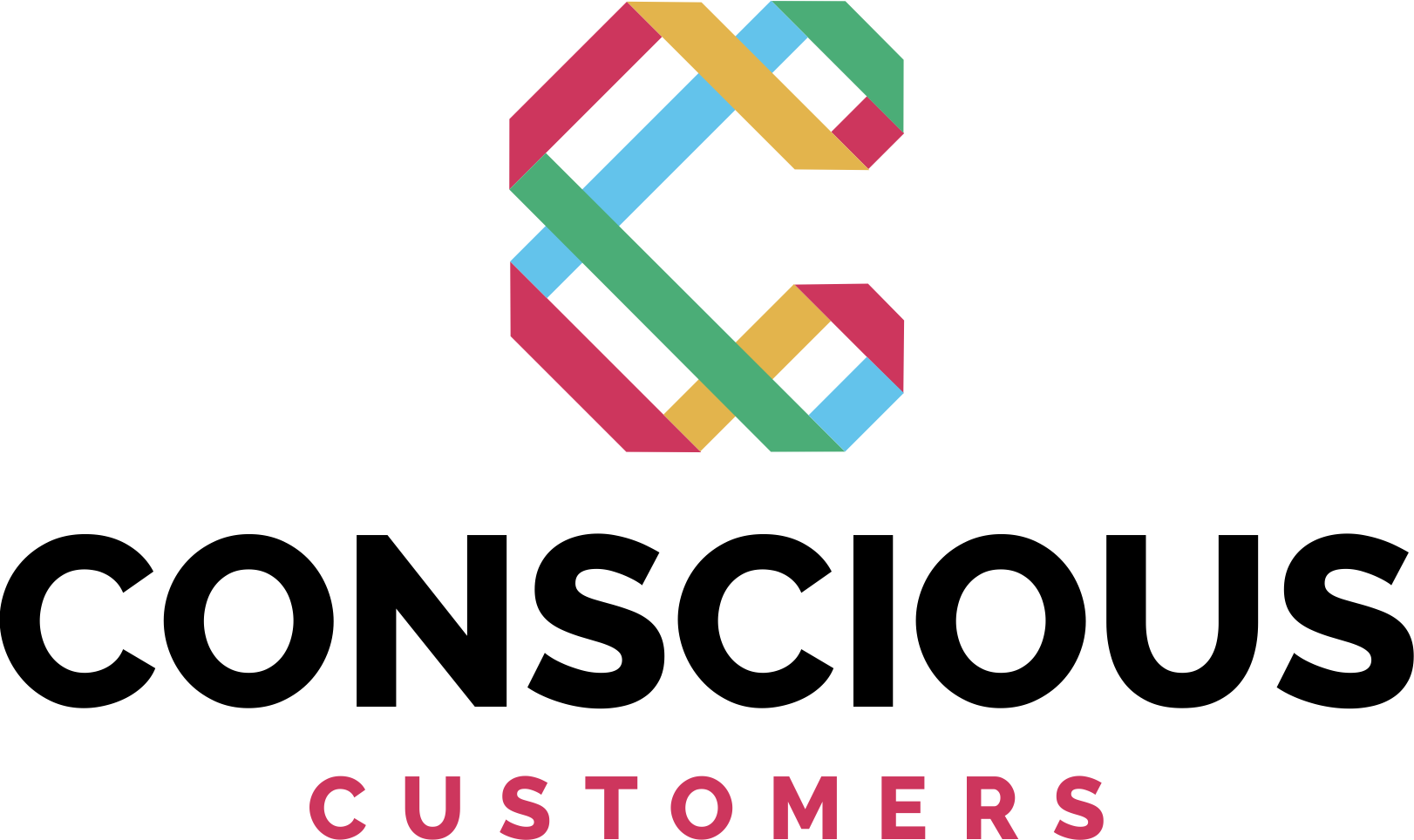
Those focused on racial and gender equity have been watching the financial services sector closely for a long time and expectations today are higher than ever. Shareholders, watchdog groups, regulators and media are all paying close attention and of course customers and employees too. Today is as good a day as any to make sure your company has a strategy to succeed.
In Congress, the House Financial Services Committee issued a special report in February of 2020, before the pandemic blossomed in the US, and four months before George Floyd was murdered and the Black Lives Matter movement grabbed America’s attention through sustained protests. The committee report opens with this auspicious statement:
“Banks and other financial services firms claim to agree with the underlying premise that diverse, inclusive organizations can be more profitable and productive. But despite the known benefits, the financial services industry, including our nation’s banks, remains mostly white and male. This is not only true of banks’ workforces and executive ranks, but is also true for banks’ boards of directors, suppliers, and asset managers.”
In response to the events of 2020, many of the big banks promised investments designed to help close the racial wealth gap and address other related and undeniable structural equity issues. No single 2020 statement by a bank boss was as prominent as JP Morgan Chase CEO Jamie Dimon’s comments in an internal memo addressing the disturbing patterns represented in the impact of covid-19 and the death, destruction and damage it caused. “An inclusive economy,” Dimon wrote, “in which there is widespread access to opportunity – is a stronger, more resilient economy. This crisis must serve as a wake-up call and a call to action for business and government to think, act and invest for the common good and confront the structural obstacles that have inhibited inclusive economic growth for years.”
If we are to have a more inclusive and resilient economy and society, big banks certainly have to have a role. Their lending and investment strategies, allocation of resources, purchasing power and connection to under-represented parts of the economy and every other decision they make really matters.
Here are some of the things those paying attention are looking for today from every bank and every major corporation:
- Have you done the analysis to know your own workforce from the perspective of diversity, inclusion and equity?
- Are there policy issues, from housing to healthcare, that your institution and industry could be influencing in a positive way, with perhaps a more expansive view of what is good for the economy?
- Do the investment decisions you make drive outcomes that clash with the well-being of the people most negatively affected by the equity and wealth gaps you have acknowledged and the discrimination that you know has been a major feature of banking and access to capital throughout US history?
- Does your supplier and vendor base reflect the diversity of the customers you serve, the nation from which you receive your license to operate and the investors who own your stock?
The House Financial Services Committee’s 2020 report has a raft of tangible recommendations. With regard to supplier diversity – which is of course the main focus of our work at Conscious Customers, there is no more powerful recommendation than this one: “When new supplier or investment opportunities arise, banks and other financial services firms should make it a practice to give serious consideration to at least one diverse firm when contracting for procurement, investment management, or other services.”
Here are seven things we wish the House Committee had asked banks and financial institutions to do on supplier diversity:
- Examine the “why” for embracing supplier diversity and articulate it so that everyone on your team knows the reason for the effort and can get inspired by it and contribute to it.
- Analyze your current vendor and supplier lists in detail. It’s 2022. Do you know where your money is going?
- Set goals for including outstanding and diverse vendors, suppliers and service providers to help you do business with excellence.
- Build relationships with the new vendors you engage, making them part of your culture and learning from their experience.
- Track and measure your progress.
- Communicate the victories, reflect on the challenges and celebrate the success and commitment you have made.
- Engage your employees to know about the company’s commitment and to consider doing the same with their personal and household spending.
None of these seven action items is hard to understand but like everything else, you might need help putting them into action. Engage the stakeholders in your industry and community and find the allies, partnerships and experts that you need to succeed.
Remember the promises you made to your shareholders, employees, customers and neighbors and make some real investments in a better – more equitable future. It really is everyone’s business.
Conscious Customers™ helps companies and organizations be more inclusive by putting Black and Latin-owned businesses at the center of their spending and engaging their employees in doing the same at home. Reach out for more information at [email protected].

